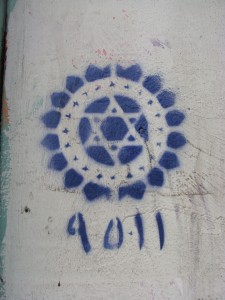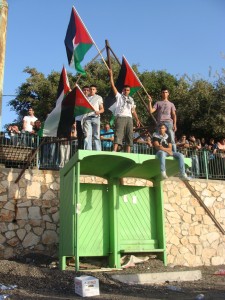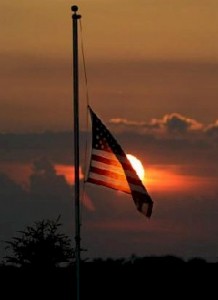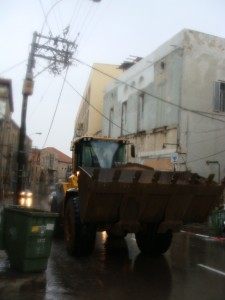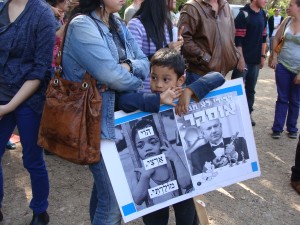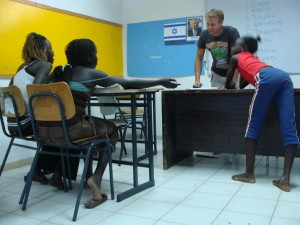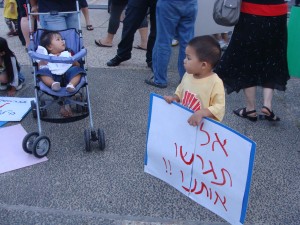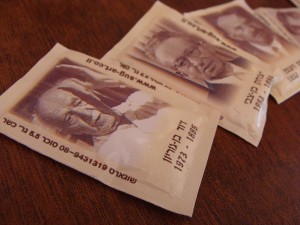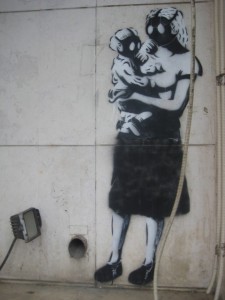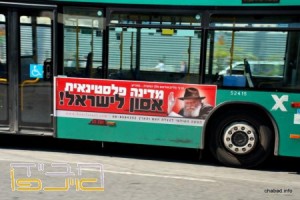 Souciant, May 18, 2011
Souciant, May 18, 2011
In May of 2011, the Palestinians made a brave attempt to start the Third Intifada.
On the northern borders, the grandsons and granddaughters of those who had been dispossessed during the nakba attempted to exercise their United Nations-acknowledged right of return. These were the grandsons of those who had been driven from their homes, which were later declared “abandoned” by a law created by the new “Jewish and democratic” state. The grandsons of those who were locked out of the land in which they were born; the grandsons of those were then declared “infiltrators” when they tried to return.
Israeli soldiers, ignoring their own protocol, did not shoot to disable. They shot to kill. Some of these grandsons died on the Lebanese border. Others were slain near the line that separates Syria from the Israeli Occupied Golan Heights, which Israeli annexed unilaterally in 1981, a move that was deemed illegal by the United Nations.
